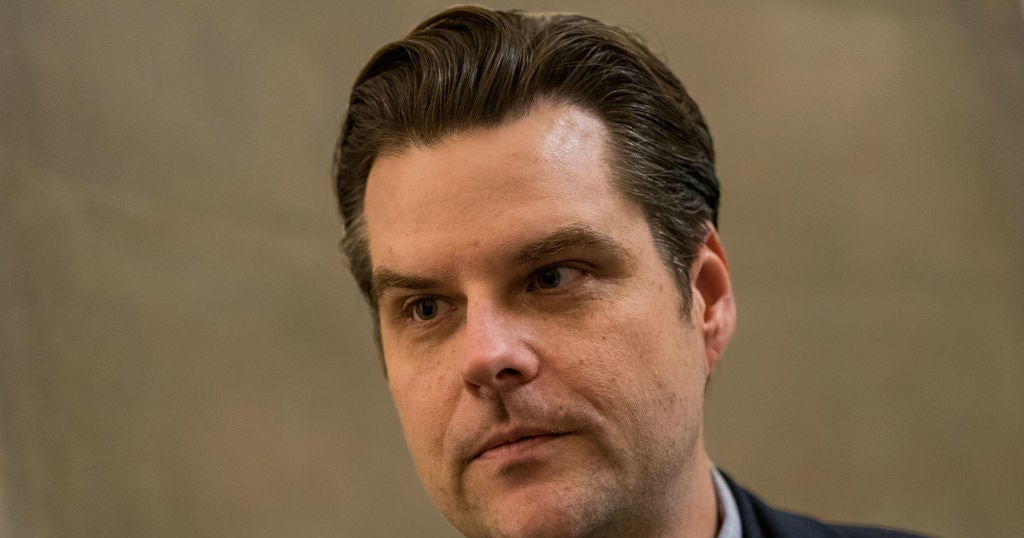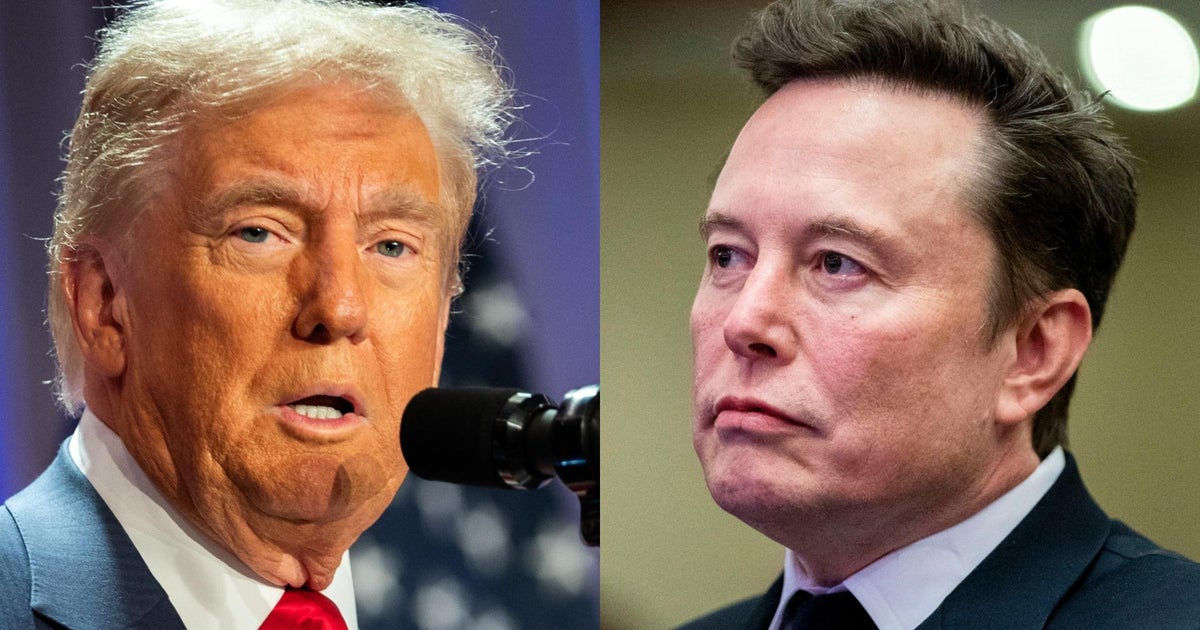Supreme Court Blocks Biden’s Vaccine-Or-Test Rule For Large Employers

The Supreme Court blocked the Biden administration from enforcing its emergency rule mandating that workers at large businesses get vaccinated or undergo regular testing for COVID-19, a major setback for the president’s national vaccination effort.
However, the court decided to allow the administration to proceed with a vaccine mandate for health care workers at federally funded facilities.
The justices’ decision to intervene and halt one of the vaccine regulations has major public health implications amid a surge in coronavirus cases due to the omicron variant. The White House hoped the rule, issued through the Occupational Safety and Health Administration, would protect workers against COVID-19 transmission and encourage holdouts to get vaccinated.
The justices ruled 6-3 in favor of halting OSHA’s vaccine-or-test rule, with the court’s six conservatives in the majority and the three liberals dissenting. They ruled 5-4 in favor of letting the health care rule proceed, with Chief Justice John Roberts and Justice Brett Kavanaugh breaking with their conservative colleagues to join the liberals.
The OSHA regulation requires that employers with at least 100 workers implement programs in which those workers show proof of vaccination or provide a negative COVID-19 test each week. The administration estimates it would cover 84 million workers, mostly in the private sector.
Enforcement of the testing provision was slated to begin on Feb. 9.
Business groups and state GOP officials filed lawsuits aimed at blocking the rule, arguing that it went beyond OSHA’s legal power and would hurt the economy by prompting workers to quit their jobs. Lower courts disagreed on whether the rule was within OSHA’s authority.
In their ruling, the majority said the opponents of the OSHA rule were likely to prevail in court, and so the justices’ decision prevents the rule from going into effect while the litigation plays out. In an opinion joined by justices Clarence Thomas and Samuel Alito, Justice Neil Gorsuch wrote that “Congress has nowhere clearly assigned so much power to OSHA” to institute such a requirement for employers.
“Yet that is precisely what the agency seeks to do now—regulate not just what happens inside the workplace but induce individuals to undertake a medical procedure that affects their lives outside the workplace,” Gorsuch wrote.
In their dissenting opinion, Justices Stephen Breyer, Sonia Sotomayor and Elena Kagan said the court should leave such policies to the experts. By acting “outside of its competence and without legal basis,” they argued, the court was substituting its own judgment for that of the government officials tasked with responding to a crisis.
“If OSHA’s Standard is far-reaching—applying to many millions of American workers—it no more than reflects the scope of the crisis,” the justices wrote. “The Standard responds to a workplace health emergency unprecedented in the agency’s history: an infectious disease that has already killed hundreds of thousands and sickened millions.”
The court held a special session to hear oral arguments on the matter on Jan. 7, expediting the case as enforcement of the rule was about to begin. While the court’s three liberal justices seemed loath to undermine a public health regulation as COVID-19 cases were soaring, most of the conservative justices voiced skepticism of the rule, suggesting it should necessitate an act of Congress.
Alito wondered whether OSHA was trying to legally “squeeze an elephant through a mouse hole” by issuing the rule. Chief Justice John Roberts asked “why Congress doesn’t have a say in this.”
The Biden administration has argued that OSHA has the authority to issue the vaccine-or-test rule under its emergency powers, and that a crisis like the COVID-19 pandemic necessitates such a sweeping regulation.
Unlike her conservative colleagues, Kagan was reluctant to substitute the court’s judgment for that of the occupational health experts at OSHA. “Why in the world would courts decide this question?” Kagan asked during oral arguments.
In a separate ruling on Thursday, the justices allowed a different vaccine rule issued by the Biden administration to go into effect. That regulation, issued through the Centers for Medicare and Medicaid Services, would require that health care facilities that receive Medicare or Medicaid funding make sure all their employees are vaccinated against COVID-19.
The health care rule would cover an estimated 10 million workers at hospitals, long-term care facilities and dialysis centers. Unlike the OSHA rule, it does not provide an option to test regularly in lieu of vaccination.
In their ruling in the health care case, the majority said it was within the powers of the government to “impose conditions” on facilities that take Medicare and Medicaid funding, including taking steps to protect patients from a deadly disease.
“Vaccination requirements are a common feature of the provision of healthcare in America: Healthcare workers around the country are ordinarily required to be vaccinated for diseases such as hepatitis B, influenza, and measles, mumps, and rubella,” they wrote.
Biden said in a statement Thursday that the ruling upholding the health care rule “will save lives,” including those of patients, nurses and doctors. He also said he was “disappointed” that the court blocked the OSHA regulation, saying it included “common-sense life-saving requirements” for employers.
Checkout latest world news below links :
World News || Latest News || U.S. News
Source link



